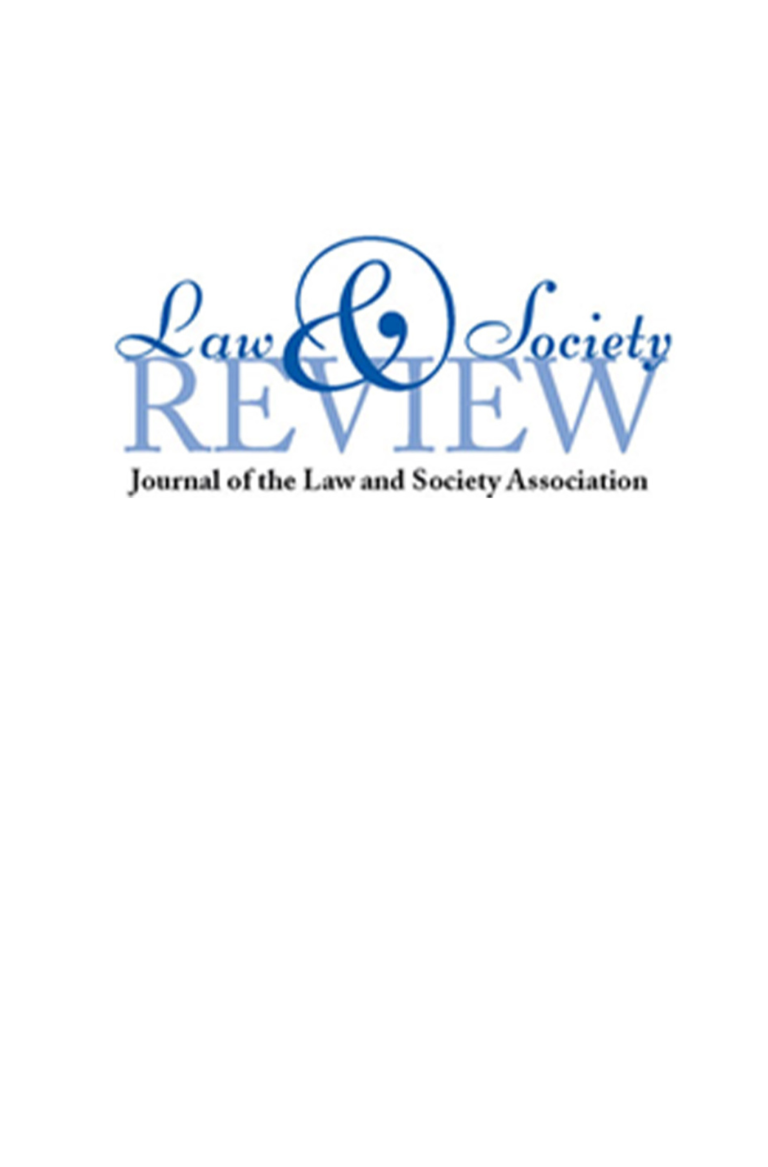ABF’s John Hagan conducted a pathbreaking study of the International Tribunal for the Former Yugoslavia (ICTY) and reported on it in a recent book. Now, he and his collaborator, Professor Sanja Kutnjak Ivkovi, have taken a second look at this international court from another vantage point—through the eyes of the citizens of Sarajevo who endured years of relentless attacks that killed or injured thousands of the city’s residents. The findings from this new study are explored in this edition of Researching Law.
In this article, Susan P. Shapiro investigates the role of ethics rules that insure fiduciary loyalty in the delivery of services in private legal practice.
This edition details ABF research on the emergence and consequences of the escalation of popular justice initiatives in South Africa.
This edition of Researching Law summarizes the presentation given by Terence Halliday and John Hagan at the Fellows Research Seminar in 2006.
Laura Beth Nielsen examines how law and hierarchy contribute to offensive pubic speech, offering, in essence, a ‘license to harass’ in public spaces.
This edition contextualizes the work of Christopher Schmidt and Shari Seidman Diamond, who study the evolving role of the Supreme Court in American politics.
This article, featuring Shari Seidman Diamond, turns to behavioral research on the jury and uses a set of real jury deliberations to consider the unanimity requirement in civil jury trials.
In this article, Susan S. Shapiro studies the economics paradigm of agency theory and traces how these ideas diffuse.
This report contains data for Wave I of After the JD, completed in 2004. This study surveyed 5,000 early-career lawyers on job mobility, career paths, and more.
This article sheds light on the complexities of ethics, screening, and conflict-of-interest rules in the legal profession.
This article, featuring John Heinz, presents data on the characteristics of and relationships among lawyers affiliated with conservative organizations.

